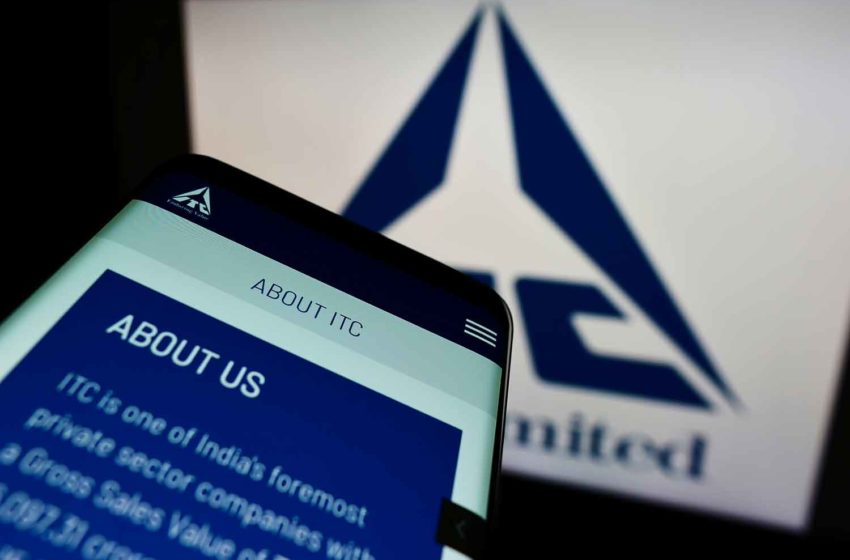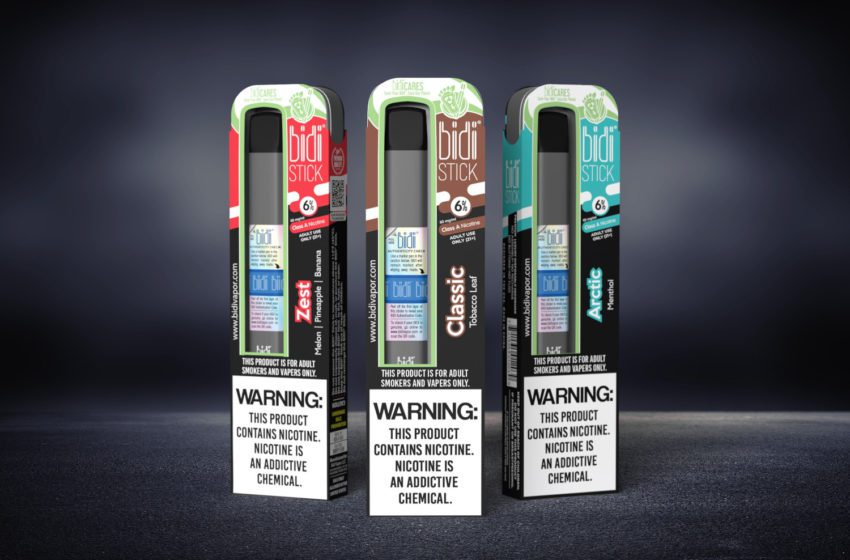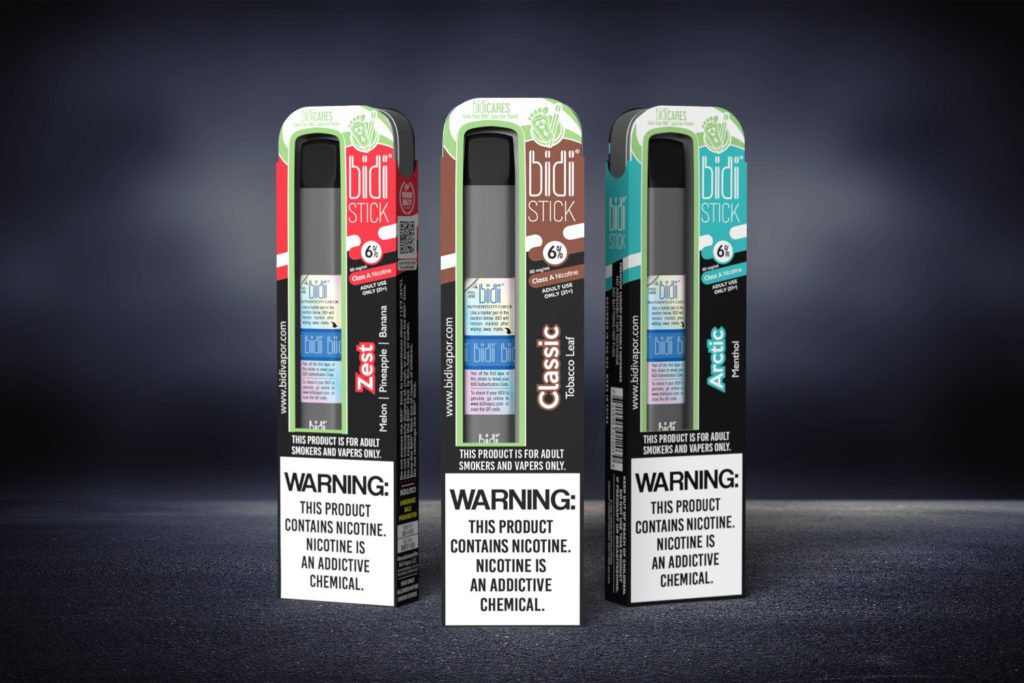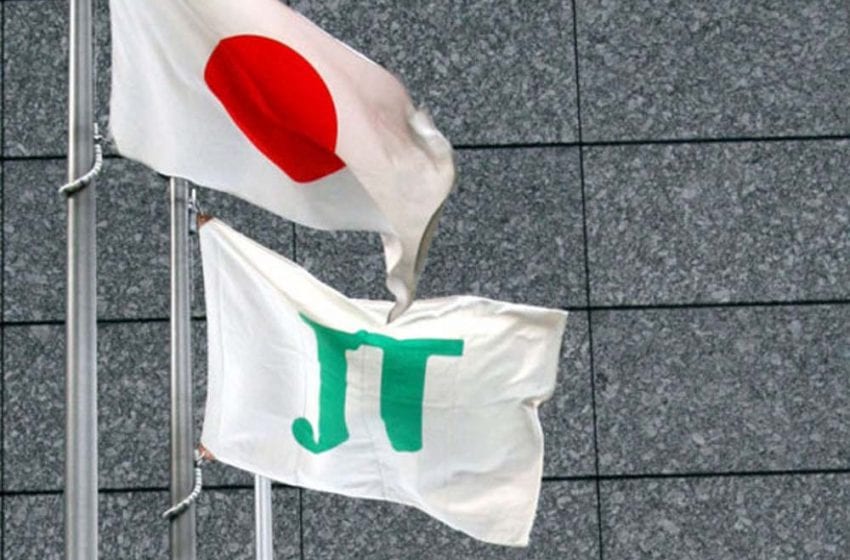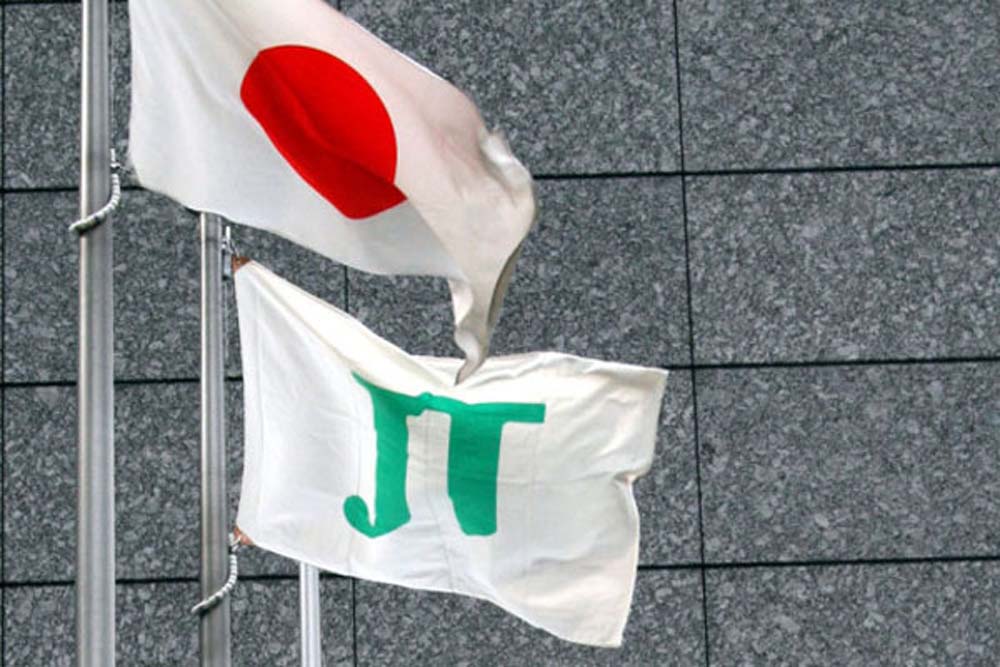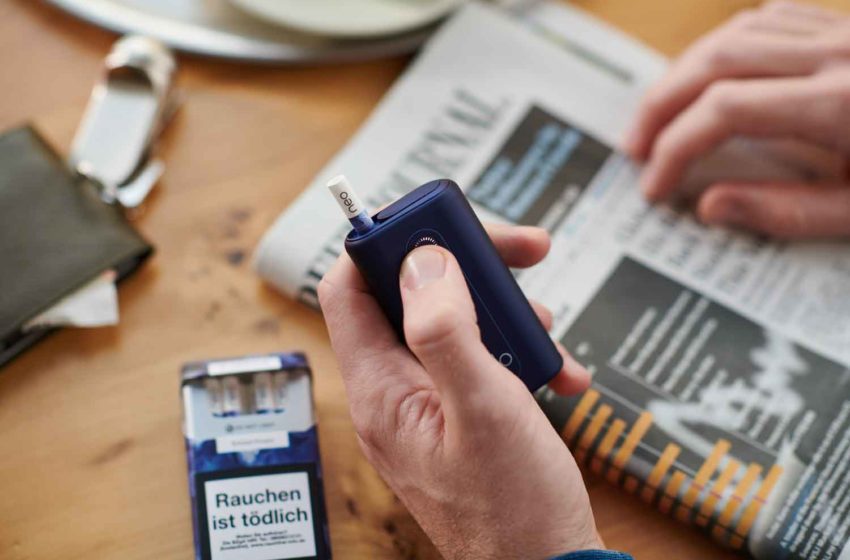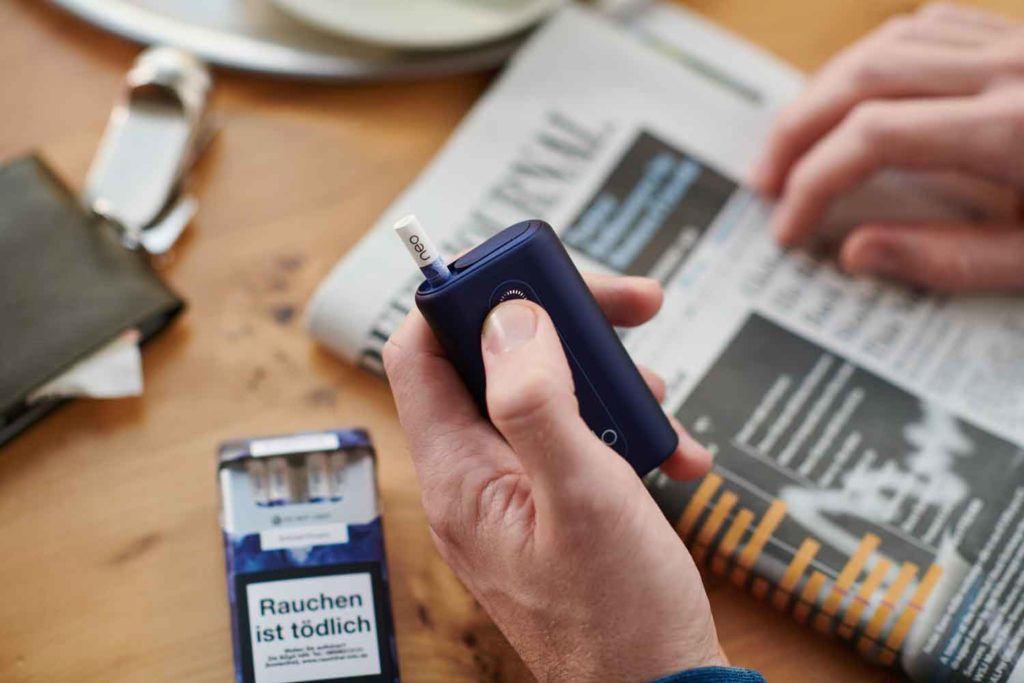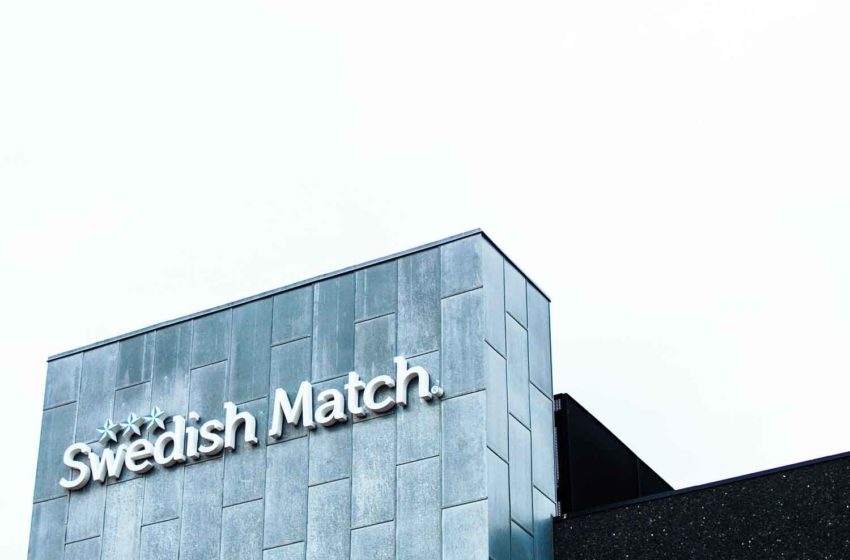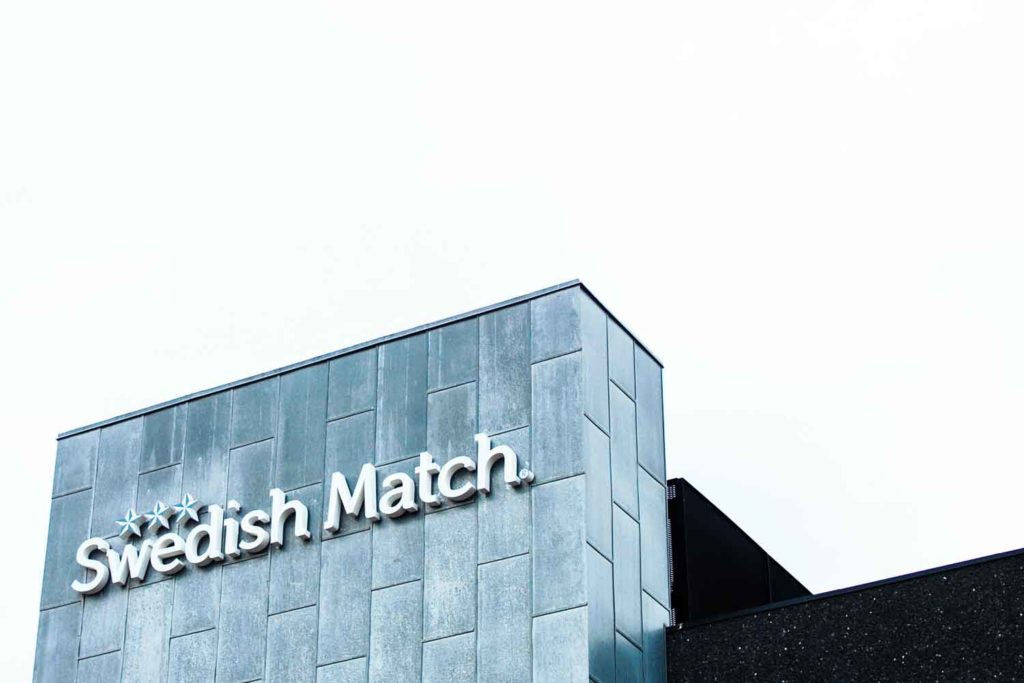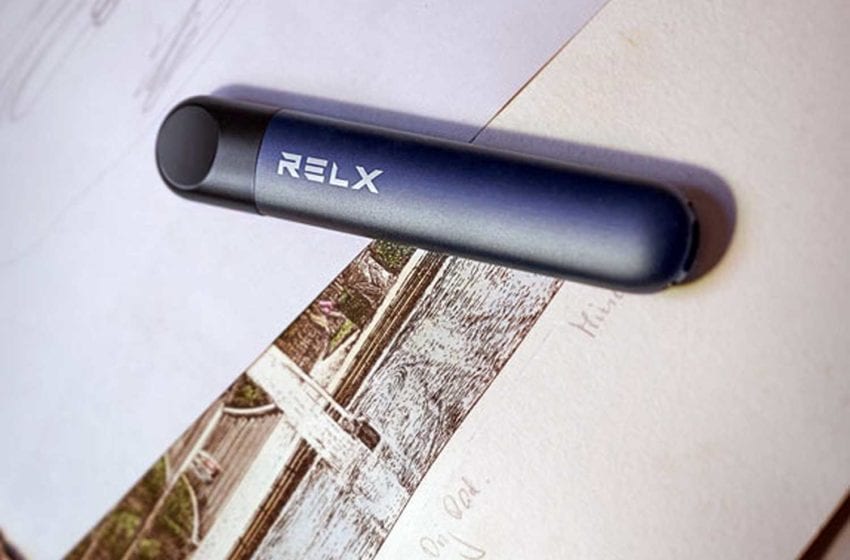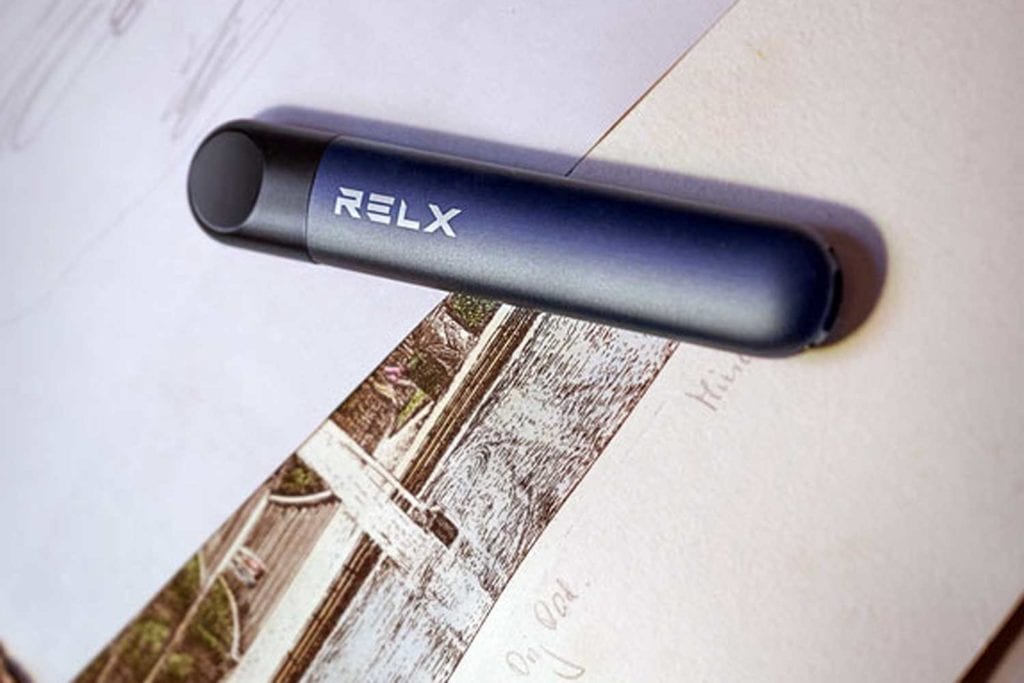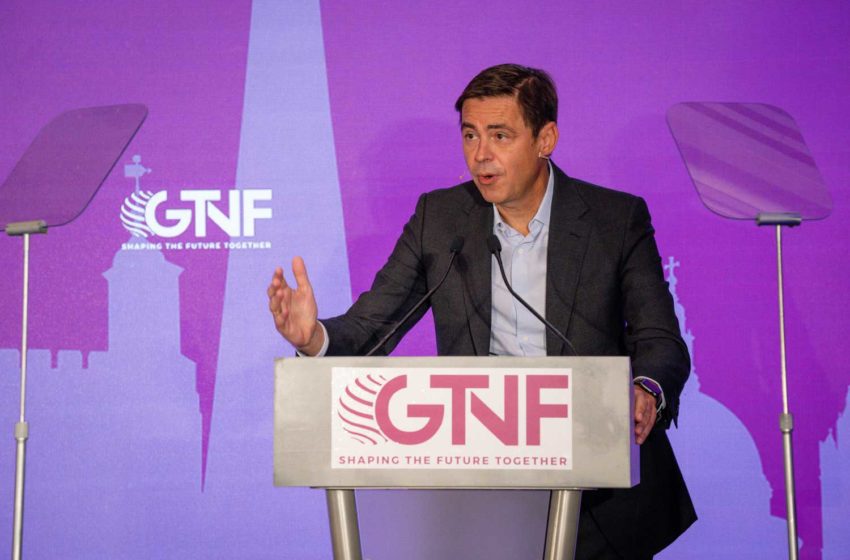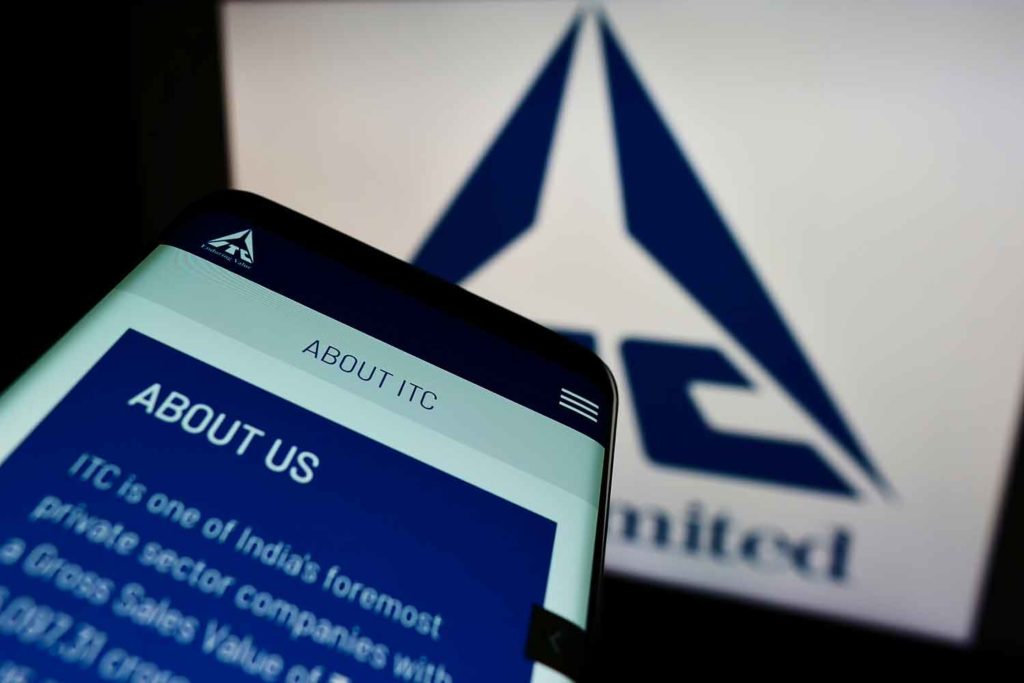
ITC reported a profit of INR50.31 billion ($614.52 billion) in the October–December quarter, up from INR40.56 billion in the comparable 2021 period, reports Reuters. The company attributed the increase to strong cigarette sales and steady demand for its packaged foods.
ITC’s overall revenue from operations rose about 3 percent to 172.65 billion rupees, of which more than 40 percent came from its cigarette business.
Revenue in that business, which includes the Classic and Gold Flake brands, jumped nearly 17 percent to 72.88 billion rupees.
ITC said its cigarette business “continues to reinforce market standing by fortifying the portfolio through innovation, democratizing premiumization across segments and enhancing product availability backed by superior on-ground execution.”
It also praised the government’s actions against illegal cigarettes sales. “Stability in taxes on cigarettes, backed by deterrent actions by enforcement agencies, continues to enable volume recovery for the legal cigarette industry from illicit trade leading to higher demand for Indian tobaccos and bolstering revenue to the exchequer from the tobacco sector,” the company wrote in a statement.
“The company continues to engage with policymakers for a framework of equitable, nondiscriminatory, pragmatic, evidence-based regulations and taxation policies that disincentivize illicit trade in cigarettes, balance the economic imperatives of the country and tobacco control objectives while cognizing for the unique tobacco consumption pattern in India.”
This week, the government raised the National Calamity Contingent Duty on cigarettes by 16 percent, which some analysts said could mean a “modest” 1.5 percent increase in tax. Others expect ITC to counter with price hikes.

